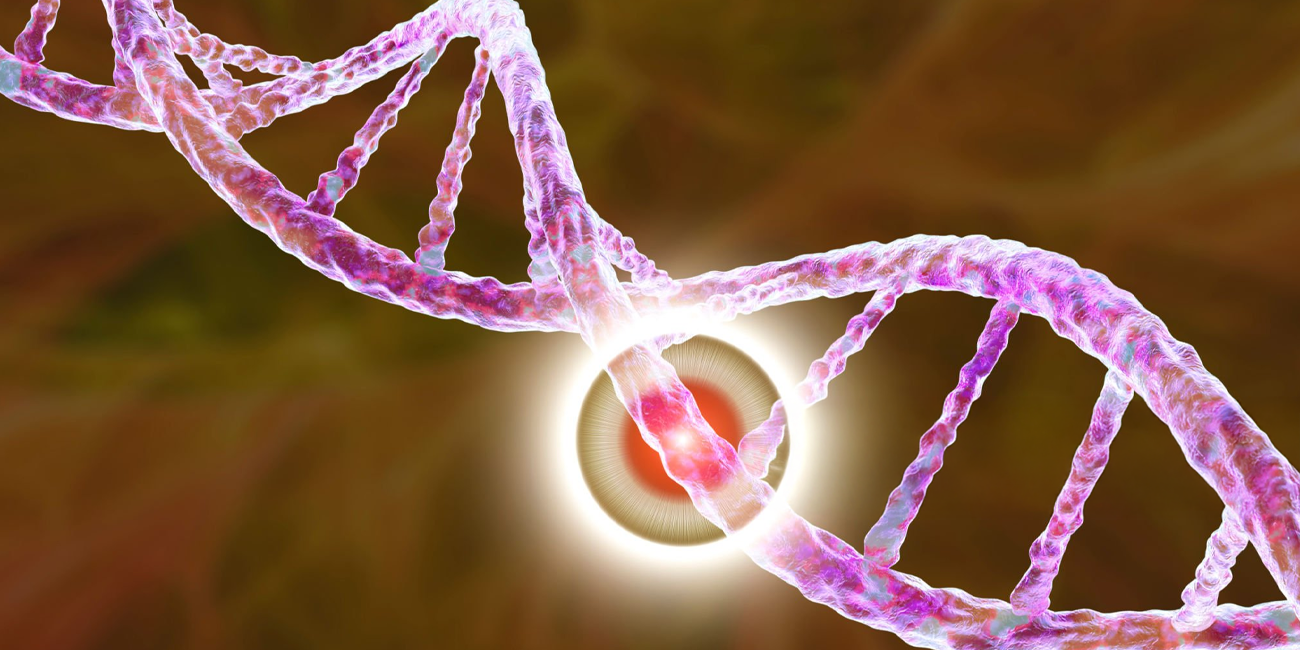
Book a Consultation
Thank you!
Your form has been sent successfully.



October 03, 2025
Regular exercise benefits your heart, mood, and sleep, and research shows it may help lower your risk for several types of cancer, including:
If you're currently in treatment or recovering from cancer, always talk with your care team before making big changes to your routine.
Let’s discuss the connection between exercise and cancer prevention, and highlight the potential impact of an active lifestyle on overall health.

Regular activity helps your body burn calories, which can prevent excess body fat from accumulating.
Carrying less extra fat often means having lower levels of long-lasting irritation inside the body (inflammation). Reducing this inflammation supports healthy cells and may lower cancer risk.
Exercise helps your body use insulin better, keeping insulin levels in a healthier range. Balanced insulin is linked to lower cancer risk.
Maintaining a healthy weight through exercise can also keep estrogen levels lower after menopause, which is beneficial for reducing certain cancer risks.
Movement helps stimulate the natural squeezing of the intestines, speeding food and waste along. Faster transit means potentially harmful substances spend less time in contact with your digestive tract, reducing irritation in your colon.
When you exercise regularly, it increases the circulation of immune cells—your body's natural defenders—helping them patrol more effectively. Less inflammation from regular activity also helps your immune system work better, keeping your body’s defenses balanced.
Aim for at least 150 minutes of moderate exercise per week or around 75 minutes if the activity is more vigorous. Here are everyday examples:
Short sessions throughout the day, even 10 minutes each, can quickly add up and benefit your overall health.
Reducing long stretches of sitting is important—even if you exercise regularly. Small changes make a big difference:
Incorporate strength training at least twice a week to build muscle, maintain strength, and boost your metabolism:
If you've been diagnosed with cancer, your physical activity plan should match your current energy level and treatment plan. Gentle movement can help reduce fatigue, improve mood, and support overall well-being.
Always listen to your body, go slow, and speak with your care team if you're unsure or experience unusual symptoms. Your plan should always be discussed with them to ensure it aligns with your treatment and recovery goals.
If you have any questions or concerns about cancer prevention or how to incorporate exercise into your daily routine after a cancer diagnosis, contact ACTC by calling 352-345-4565 or booking an appointment.
We offer advanced cancer treatment options under the supervision of a multidisciplinary team of healthcare professionals.



December 24, 2025
It's natural to wonder if testosterone replacement therapy (TRT) is sa...
KNOW MORE

December 24, 2025
A rash that will not calm down is scary, especially when it changes or...
KNOW MORE

December 24, 2025
Florida’s lung cancer burden remains significant and affects many fa...
KNOW MORE

December 24, 2025
A partial hysterectomy, also called a supracervical hysterectomy, is s...
KNOW MORE

December 24, 2025
Finding a rash on your breast can be unsettling, but remember, many ra...
KNOW MORE

December 16, 2025
Hearing a HER2 gene mutation on a report can feel scary, but it also p...
KNOW MORE
